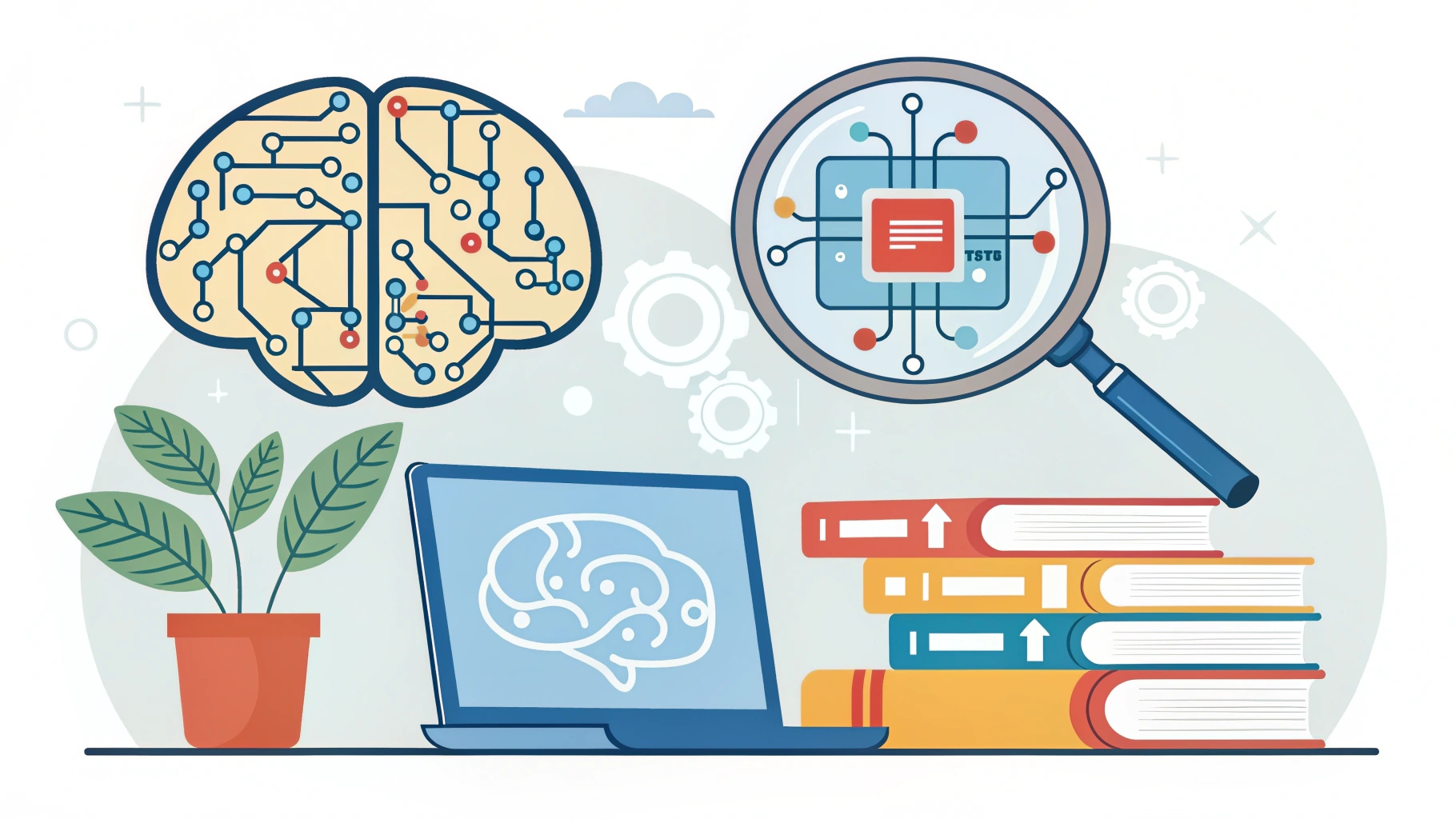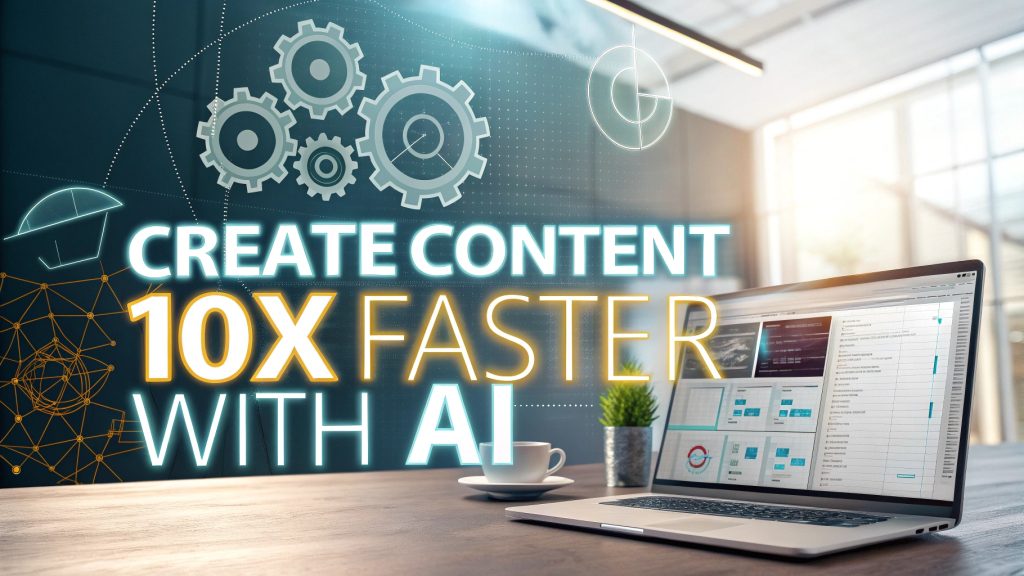
Creating great content is only part of the equation, the rest depends on whether people can find it. That’s where SEO (Search Engine Optimization) steps in. But traditional SEO can be overwhelming, especially for content teams managing multiple priorities. Fortunately, AI is transforming the way we optimize content for search, making the process faster, smarter, and more accurate.
This article is part of our cluster on AI productivity guide, Create content 10x faster with AI: Tools, methods, and use cases. It also complements our deep dive into AI tools for streamlining content creation, giving you a 360° view of the AI-powered content workflow.
Let’s explore how AI is revolutionizing SEO, from keyword research to content scoring, and setting a new standard for content performance.
1. Smarter keyword research in seconds
Traditional keyword research requires hours of manually combing through search data. AI tools now automate this by scanning thousands of data points, including real-time search trends, user queries, and competitor strategies, to surface the most impactful keywords in seconds.
AI doesn’t just list popular keywords, it clusters them by search intent, competition, and relevance. Some tools even recommend semantically related terms that align with how users actually search.
- Practical impact : Instead of working from spreadsheets, you start with a focused, data-driven keyword set, ready to plug into your content strategy.
- Real-world example : A marketing manager planning a blog on remote work can get keyword suggestions like “remote productivity tools,” “remote team communication,” and “how to stay productive remotely”, all segmented by intent.
- Go deeper : Our upcoming guide Boost your SEO strategy with SurferSEO shows how AI can optimize your keyword game.
2. AI-generated SEO content briefs
AI content brief tools streamline collaboration between SEO strategists and content creators. These platforms automatically generate outlines that include:
- Top-performing headings used by competitors
- Ideal content length
- Related keywords and questions from real users
- Internal and external linking suggestions
This empowers writers to start with a well-structured SEO plan instead of guessing what Google wants.
- Who benefits most : Agencies and large teams with multiple writers and content calendars
- Time savings : What used to take 2–3 hours now takes less than 10 minutes
3. On-Page SEO optimization in real-time

With AI-enhanced SEO editors, you don’t need to publish first and optimize later. As you write, these platforms analyze your content and provide real-time feedback based on how top-ranking pages are performing. You get instant suggestions on:
- Keyword usage and density
- Heading structure
- Sentence clarity and tone
- Content gaps
Some tools even score your content on a scale of 1–100, offering suggestions to improve relevance, comprehensiveness, and user engagement.
- Pro tip: Combine this with AI writing tools from our article on streamlining content creation to write smarter and faster from the get-go.
4. Competitive analysis with AI insights
Knowing your competitors’ strategy is half the battle. AI tools make this easy by analyzing :
- Which keywords your competitors rank for
- What type of content performs best in your niche
- How often your competitors publish
- What backlinks and domains are helping them succeed
With this intel, you can adjust your strategy proactively, not reactively, and build content that is designed to outrank the competition.
- Example : Before writing a guide on “freelance time management,” you can use AI tools to discover what content already exists, what it lacks, and how to fill that gap.
5. Monitoring and optimizing over time
AI SEO tools don’t just help you publish, they help you improve. Once content is live, they track performance metrics such as:
- Changes in keyword ranking
- Page engagement (e.g., bounce rate, scroll depth)
- SERP position changes
- CTR from search
More advanced platforms even make optimization suggestions based on performance decay. That means you’re alerted when a once-high-ranking article starts losing visibility, and told exactly how to fix it.
- Why It matters : Ongoing optimization keeps your content competitive, relevant, and aligned with user intent.
AI makes SEO scalable and sustainable
AI tools aren’t just a convenience, they’re a competitive edge. From keyword discovery to performance tracking, they automate tedious tasks and give you insights that would take days to gather manually.


